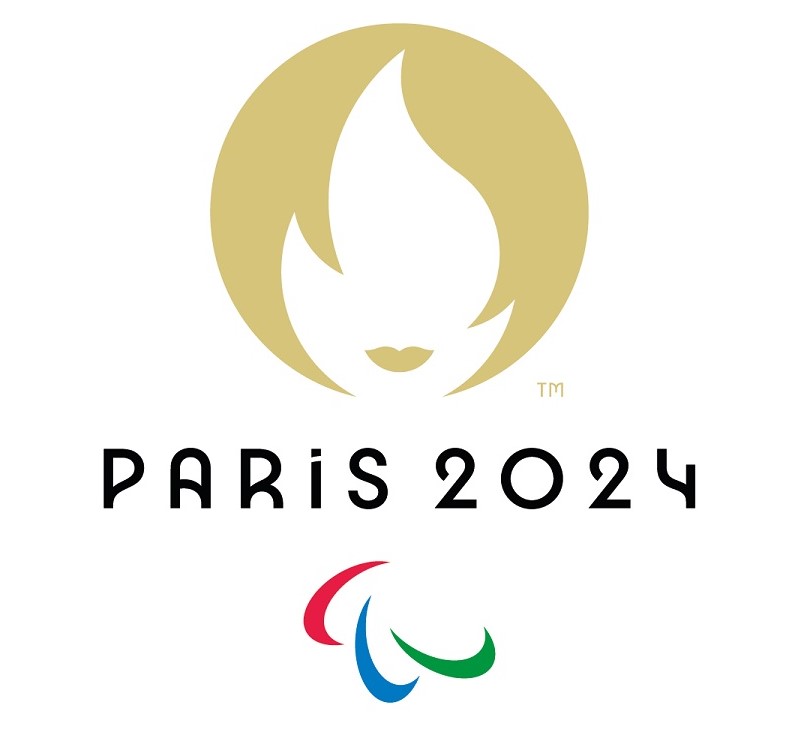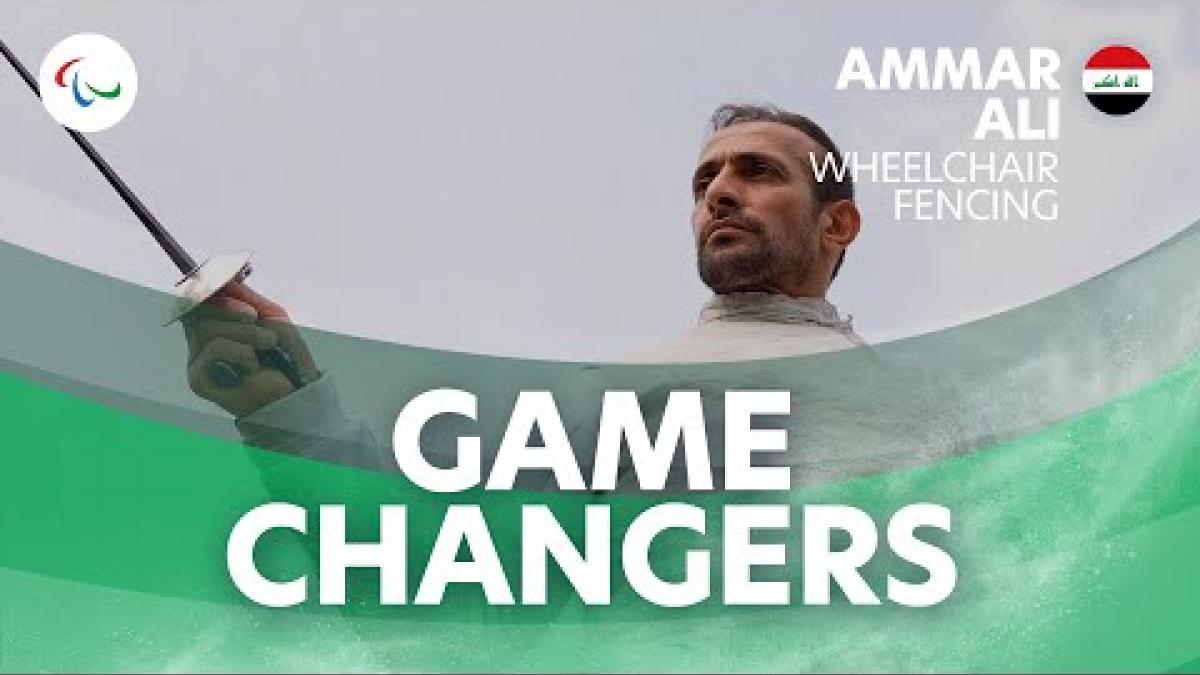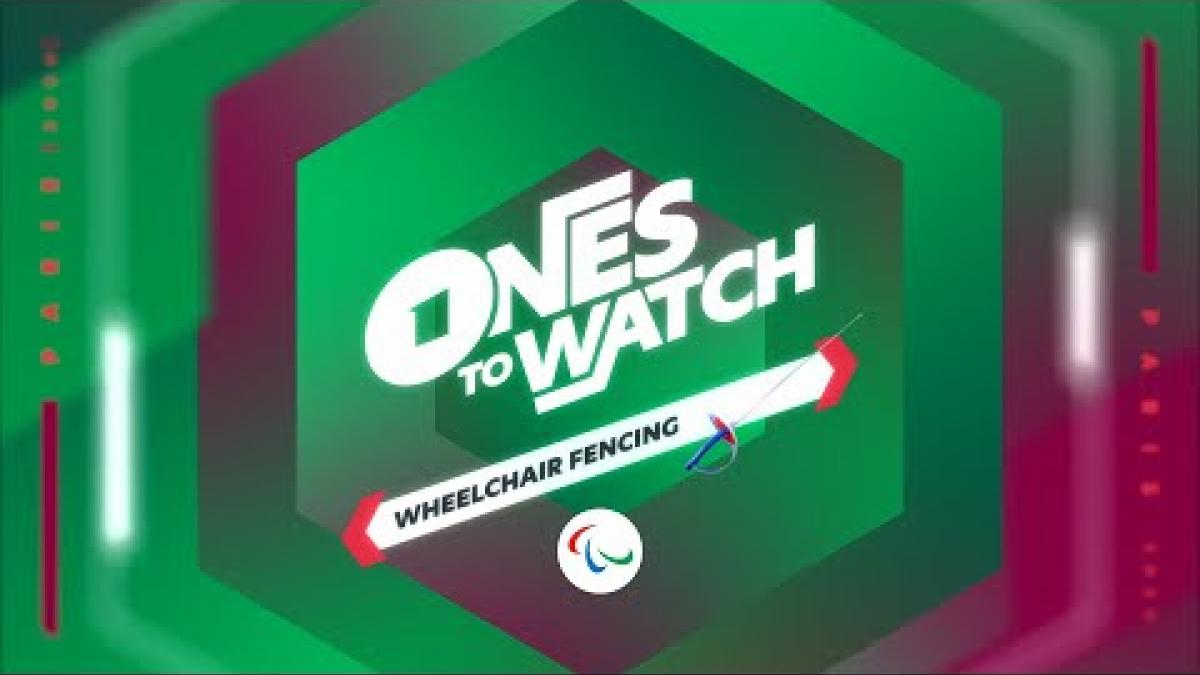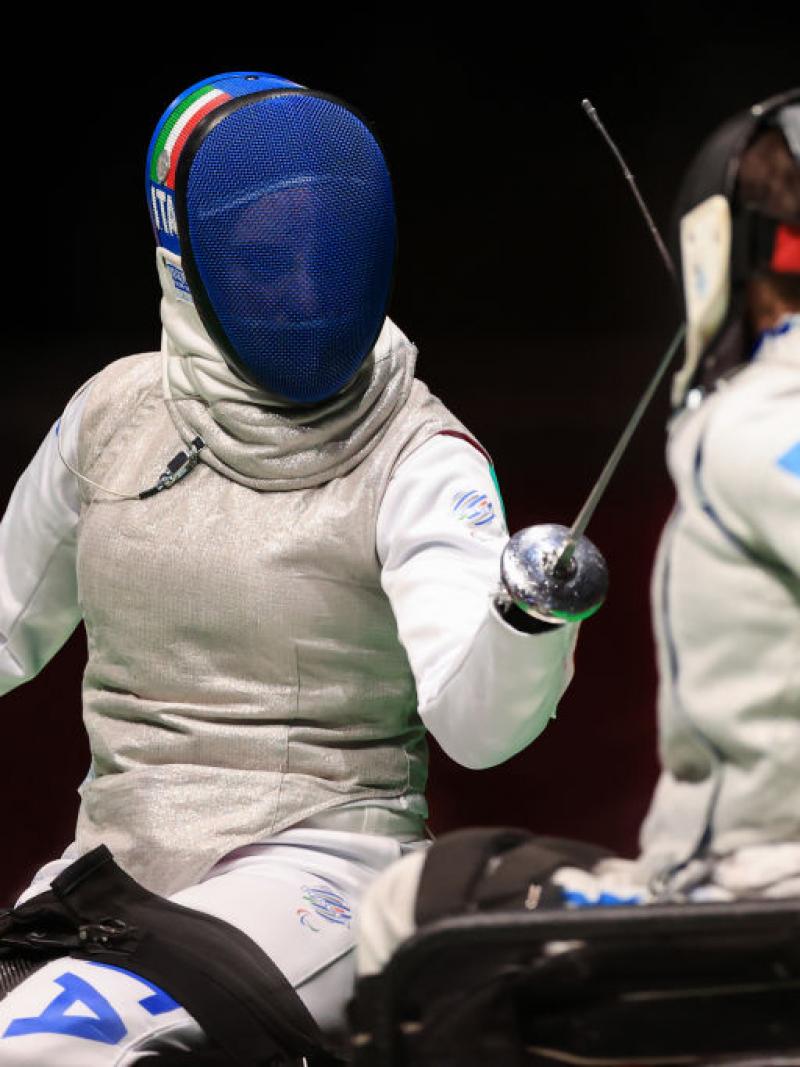Paris 2024: All-female wheelchair fencing line-up for South Korea
South Korea are competing in Paralympic wheelchair fencing for the first time in 12 years - with an all-female team and coaching set-up 23 Aug 2024
The fantastic four of South Korea are leading their country back to the summit of wheelchair fencing. Players Eun Hyo Cho, Hyo Kyeong Kwon and Gyeong Hye Baek will represent their country at Paris 2024, led by coach Dayoung Park, who has been at the centre of the nation's resurgence in the sport.
Over the last three years, Cho and Kwon in particular, have made an impact
on the global stage. Cho grabbed silver in the women’s epee category B at last year’s World Championships in Terni, Italy, as well as medalling at World Cups and Asian Championships since she emerged onto the international scene in 2022.
Kwon meanwhile has topped multiple World Cup podiums in the women’s category A and won two consecutive under 23s world titles in epee. At 23 years old, she is still very young in a sport where the consensus is, you learn with age.
This success on the world stage ultimately led to Paralympic qualification for South Korea for the first time in 12 years. While wheelchair fencing has always had its female stars, South Korea is leading the way, alongside countries such as Thailand, China and Ukraine, who also have a combination of female coaches and leading athletes.
So is there a secret as to why the women of the South Korean team emerged as their best hopes for a return to the Paralympic stage?
“It’s hard to say but since the coaching staff, including myself, are all women, it’s easier to communicate and understand the fencers since we have a lot in common,” Park suggested.
“Since [our] Head Coach is also female, we have a lot in common and that makes it easier for us to communicate. However, some people think female coaches are not as strong and competent enough as male coaches. I do not think that’s true.”
Reaching the next level
South Korea have a long history in wheelchair fencing, and have invested in their coaching capabilities and athletes. The Seoul 1988 Paralympic Games inspired the country to take the sport to the next level after it was introduced by the Korea Polio Association in 1986.
According to Park, the focus has never been specifically on male or female athletes, only those who had the most potential. All members of the national team are professional athletes who train seven days a week at the National Training Centre in Incheon, run by the Korean Paralympic Committee, and at other training facilities all over the country.
Park began her career in 2016 with the wheelchair fencing team in Gwangju City:
“At that time I didn’t know enough about their disability so everything was quite difficult. However thanks to the help from the fencers, media, and education, I learned more about disability and that helped to become a better coach.”
With exceptional fencers – in particular Kwon and Cho – and lots of experience behind them South Korea can dare to dream at Paris 2024. The hope is that they can add to the five Paralympic medals won in the 80s and 90s – and all by men. Today's fencers follow in the footsteps of legendary Para athletes such as Seoul 1988 men’s epee gold medallist Tae-Hoon Park.
But Coach Park is staying humble and controlled – but still ambitious – in her expectations:
“It’s been less than 3 years since we participated at World Cups regularly and my team has made good results so far. I think it’s more important to remind ourselves that we will get stronger, rather than feeling the pressure.
“We are aiming for the highest place on the podium at Paris 2024.”










